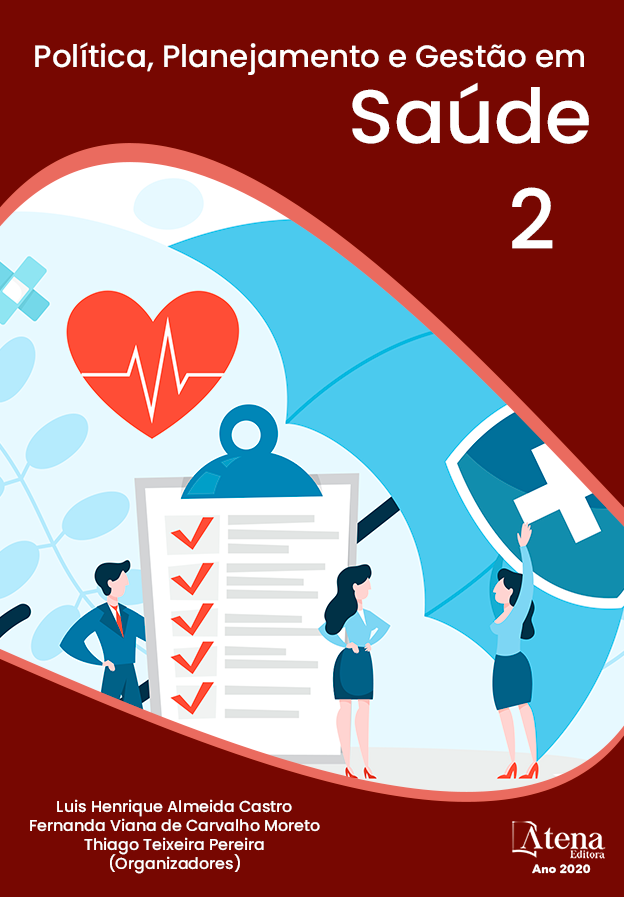
PREVALÊNCIA DE ALEITAMENTO MATERNO EXCLUSIVO EM BEBÊS NOS PRIMEIROS 6 MESES DE VIDA EM UMA UBS EM EMBU DAS ARTES, SP
Objetivo: avaliar a prevalência do aleitamento materno exclusivo de bebês nos primeiros seis meses de vida de uma Unidade Básica de Saúde no município de Embu das Artes. Metodologia: Estudo retrospectivo com consulta de 51 prontuários de nutrizes e bebês de 0 a 6 meses. Para a coleta dos dados foi utilizado um formulário com questões clinicas e demográficas sobre a mãe e o bebê. Resultados: A prevalência de aleitamento materno exclusivo dos bebês foi maior no primeiro mês de vida (n= 42; 82,3%) com redução importante no sexto mês, onde apenas 29,7% dos bebês estavam em aleitamento materno exclusivo. A partir do segundo mês de vida, 31% dos bebês tiveram associado leite artificial ao leite materno e a partir do terceiro mês, foi introduzido alimentação complementar para 3,7% dos bebês incluídos na amostra. Conclusão: A prevalência de aleitamento materno exclusivo identificada foi muito baixa, fato este muito preocupante, visto a importância dessa prática nessa fase da vida do bebê.
PREVALÊNCIA DE ALEITAMENTO MATERNO EXCLUSIVO EM BEBÊS NOS PRIMEIROS 6 MESES DE VIDA EM UMA UBS EM EMBU DAS ARTES, SP
-
DOI: 10.22533/at.ed.05720280820
-
Palavras-chave: Aleitamento materno; nutrição materno-infantil; alimentação complementar.
-
Keywords: Breastfeeding; maternal and infant nutrition; complementary feeding.
-
Abstract:
Objective: To evaluate the prevalence of exclusive breastfeeding in infants in the first six months of life of a Basic Health Unit in Embu das Artes. Methodology: The study was a retrospective analysis for 51 mothers and infants from 0 to 6 months records. It was applied a questionnaire to collect clinical and demographic variables of mother and infant. Results: The prevalence of exclusive breastfeeding in infants was higher in the first month of life (n = 42; 82.3%), with a significant reduction in the sixth month, where only 29.7% infants were in exclusive breastfeeding. From second month of life, 31% infants had artificial milk in the breast milk and from third month onwards, complementary feeding was introduced to 3.7% of the babies included in the sample. Conclusion: The prevalence of exclusive breastfeeding found was much reduced and considering the importance of this practice in this phase of the infant’s life, it is a worrying fact.
-
Número de páginas: 15
- Ana Paula Bazanelli
- Mariana de Oliveira Sanaiote


